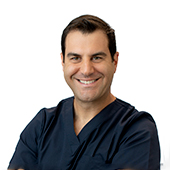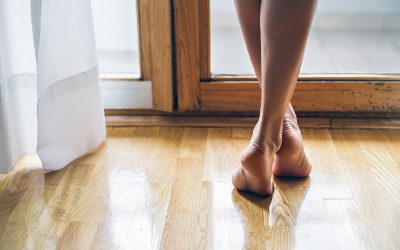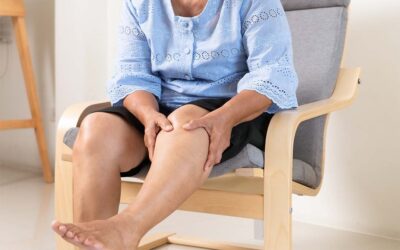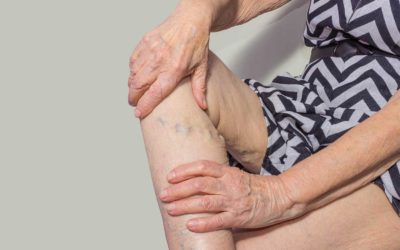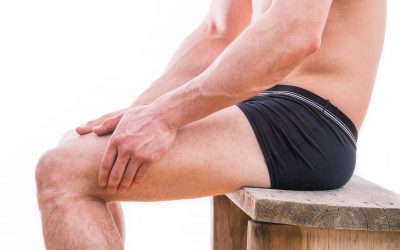Varicose veins and venous disease affect up to 70% of the global population, impacting both men and women. They can cause heaviness, discomfort, tiredness and restlessness in the legs and lead to skin damage, skin pigmentation, skin and fat atrophy and skin ulceration. The development of varicose veins is influenced by multiple factors, including genetics, embryological persistence, age, hormones, and other contributing factors. While both men and women can experience varicose veins, there is a noticeable difference in incidence between the genders.
Are women more likely to get Varicose Veins and Venous Disease?
Statistically, women are twice as likely to develop varicose veins compared to men. The reasons behind this are complex, but it is believed that hormones such as estrogen and progesterone weaken the vein walls and disrupt normal blood circulation. Without proper flow, blood can pool within the veins and cause them to expand. Additionally, pregnancies can exacerbate varicose veins by affecting blood flow in the veins and pelvis, increasing pressure within the leg veins.
Do Men Experience More Complications from Varicose Veins?
In my practice, I have observed that severe complications of varicose veins can occur in both men and women. However, men are more likely to ignore their varicose veins until they reach an extremely severe stage. There is no evidence to suggest that the effects of venous disease vary significantly between sexes. Some studies have shown that up to 75% of hospital admissions for varicose veins are men. While the exact reasons for this are unclear, several factors may contribute, including smoking, heavy lifting, prolonged standing at work or in the gym, and alcohol consumption. It is important to note that none of these factors have been fully verified.
Treatment of Varicose Veins
Regardless of the differences observed between men and women, the treatment and general advice remain the same:
- Lead a healthy and active lifestyle, quit smoking, and limit alcohol consumption.
- Stay physically active and exercise regularly throughout the week.
- Consume a healthy diet, reducing trans and saturated fats and processed foods while increasing intake of leafy green vegetables, berries, and apples to boost circulation.
- Compression stockings are the most effective non-surgical approach to managing varicose vein disease outside of medical treatment and should be recommended to all individuals with venous disease.
- Minimally invasive treatments are the gold standard approach for treating varicose veins and should be recommended for patients experiencing significant signs and symptoms of venous disease.
Even as varicose veins become worse, it is important that both men and women seek a professional opinion from a Phlebologist on how to manage this complex and evolving condition. It is always important to treat any medical condition early rather than wait for the serious complications of the disease.
Key takeaways:
- Varicose veins affect both men and women, with a global prevalence of up to 70%.
- Women are twice as likely to develop varicose veins compared to men, potentially due to hormonal factors.
- Severe complications can occur in both men and women, but men often ignore their varicose veins until they reach an advanced stage.
- Factors such as smoking, heavy lifting, prolonged standing, and alcohol consumption may contribute to higher hospital admissions for varicose veins among men.
- Treatment recommendations include leading a healthy lifestyle, regular exercise, a nutritious diet, the use of compression stockings, and considering minimally invasive treatments when necessary.
- Seeking early professional advice from a Phlebologist is crucial for managing varicose veins and preventing serious complications. Prompt treatment is always important to avoid the progression of the disease.


